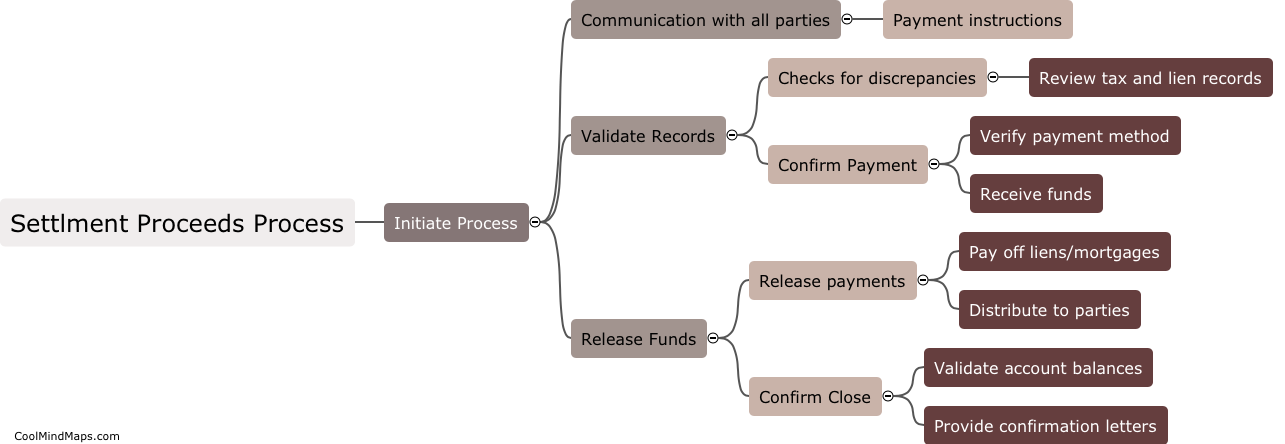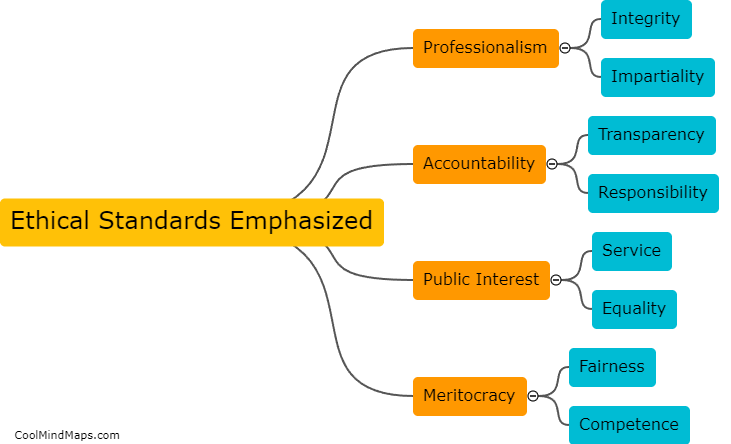How does the Civil Service Act 2049 contribute to good governance?
The Civil Service Act 2049, also known as the Public Service Act in some countries, plays a crucial role in ensuring good governance. This law establishes a framework for the recruitment, management, and promotion of civil servants, aiming to create a transparent and efficient bureaucracy. By setting clear criteria and procedures for employment within the civil service, the Act promotes fairness and meritocracy, enabling the recruitment of competent individuals based on their qualifications and skills rather than political affiliations or personal connections. Moreover, it creates a system of checks and balances by setting standards of conduct and ethics for civil servants, fostering accountability, professionalism, and integrity within the public administration. By providing a legal framework for the civil service, the Act contributes to the overall efficiency and effectiveness of the government, ultimately enhancing good governance practices.

This mind map was published on 27 November 2023 and has been viewed 81 times.











